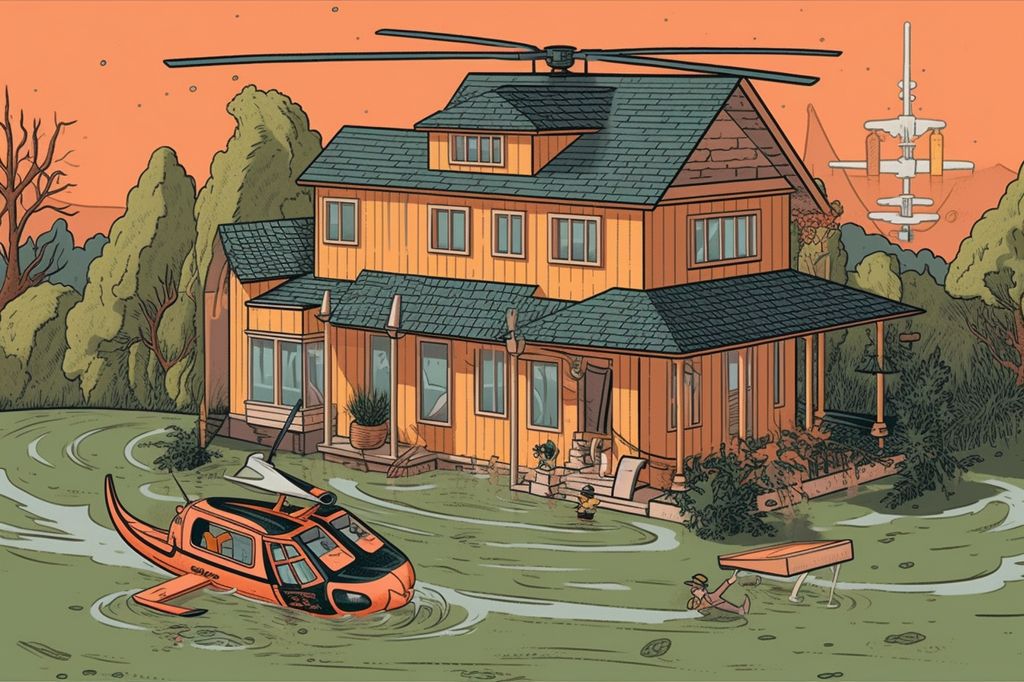South Africa’s Minister of Forestry, Fisheries, and the Environment, Ms. Barbara Dallas Creecy, established the Ministerial Task Team in December 2022 with the aim of identifying and recommending voluntary exit options and pathways for the country’s captive lion industry. The team’s work is in accordance with Section 3A of the National Environmental Management Act of 1998.
Extending the Task Team’s Establishment Period
The Minister has announced an extension of the Task Team’s establishment period, granting the group an additional six months to finalize outstanding tasks. The extension will allow for ample time to consult with stakeholders, determine funding mechanisms, and compile a comprehensive report. The Task Team’s establishment period will now conclude on December 31, 2023.
Tackling Ethical and Conservation Concerns
The captive lion industry has been a controversial topic in South Africa for decades, with concerns over ethical and conservation issues raised by critics. The Ministerial Task Team aims to tackle such concerns proactively, ensuring a brighter future for both the industry and the animals involved. The Task Team’s terms of reference serve as the guiding principles for this critical task.
Engaging with Stakeholders
The Task Team will engage in crucial discussions with a diverse range of stakeholders, seeking input into the complex dynamics of conservation, animal welfare, and socio-economic factors intertwined with the captive lion industry. These consultations will provide valuable insights into the industry.
Identifying Funding Mechanisms
In addition to stakeholder engagement, the Task Team will explore funding mechanisms necessary for implementing recommended exit strategies. Identifying sustainable funding sources will be a crucial component of the Task Team’s mission.
Compiling a Comprehensive Report
The final report compiled by the Task Team will serve as a blueprint for the future of South Africa’s captive lion industry. The report will encompass the Task Team’s recommendations and provide a transparent account of their findings and the rationale behind any proposed exit strategies. The outcome of this report will undoubtedly have a significant impact on the industry.
Commitment to Addressing Challenges
The establishment of the Ministerial Task Team and the subsequent extension of its mandate signals South Africa’s commitment to addressing the challenges of the captive lion industry head-on. By embracing a more ethical and environmentally responsible approach to wildlife management, South Africa demonstrates its dedication to preserving its rich natural heritage.
Anticipating a Future of Conservation, Welfare, and Sustainability
As the Ministerial Task Team continues its work, stakeholders and the public alike eagerly await the unveiling of their recommendations. The nation as a whole anticipates a future where the captive lion industry evolves to reflect the principles of conservation, welfare, and sustainability.








